Aga Khan Development Network Comprehensive Sanitation Initiative
Duration: 2015-2019 Location: India Reach: 101,100 households and 528 schools Budget: $44.2 million (Government of India: $16.9 million; other donors: $14.3 million;
The challenge: Globally, at least 400 million people lack access to essential health services. Every year, more than five million children die globally before their fifth birthday largely due to preventable or treatable illness, and this risk is twice as high for children born into poverty. Risks are also high for women: the proportion of women who do not survive childbirth is 14 times higher in the developing world than it is in developed countries like Canada.
Moreover, global nutrition statistics indicate that almost half of deaths in children under five are linked to poor nutrition, and 790 million people worldwide do not have the calories they need to reach their full potential. Access to and uptake of health and nutrition services are also often hindered by gender, social, cultural, and financial barriers, which have implications for lifelong well-being and productivity.
Our solution: We harness the longstanding work of the AKDN with communities and village organizations to enable people – particularly those living in geographically remote areas – to optimize their health and well-being and reach their full potential.
Our programs help people make healthy choices and get quality care when an issue arises – even in remote areas. We promote public and community health awareness, teach and train health professionals of all kinds, and improve health facilities, ranging from basic rural clinics to specialized centres for treatment and research on a global scale. We work with communities to encourage positive health and nutrition behaviours, improve access to nutritious crops, and integrate nutrition into health systems. We aim to build efficient, appropriate, and sustainable health systems, and improve the health and nutritional status, especially for vulnerable groups like women and children.
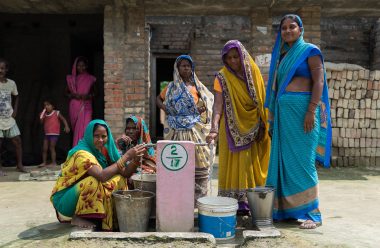
Duration: 2015-2019 Location: India Reach: 101,100 households and 528 schools Budget: $44.2 million (Government of India: $16.9 million; other donors: $14.3 million;
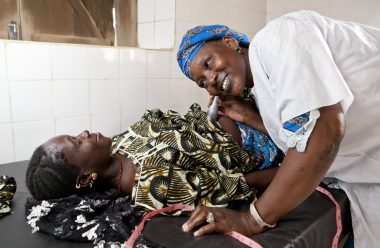
AQCESS is improving the health of mothers, pregnant women, newborns, and children in Kenya, Mali, Mozambique, and Pakistan.
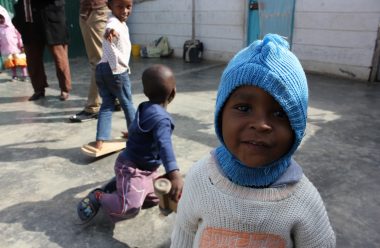
Duration: 2017-2022 Location: Kenya Reach: This is a research project with no direct beneficiaries. Budget: $2 million (International Development Research Centre: $1
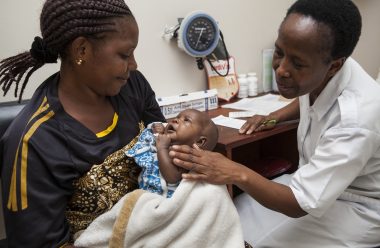
IMPACT is accelerating the reduction of maternal and newborn mortality in Mwanza, Tanzania.
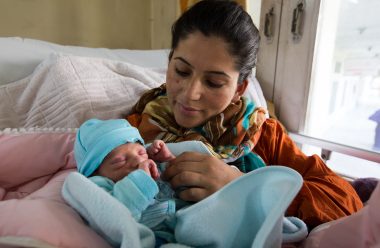
Duration: 2018-2024 Location: Afghanistan, Pakistan Reach: 37,000 pregnant women Budget:$2.179 million (Grand Challenges Canada: $1.1 million; AKFC: $1 million; Other: 79K)
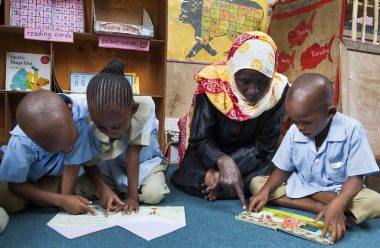
Duration: 2018-2021 Location: Kenya Reach: 10,000 children aged 4 to 6 (5,000 girls and 5,000 boys) Budget: $2 million (Grand Challenges
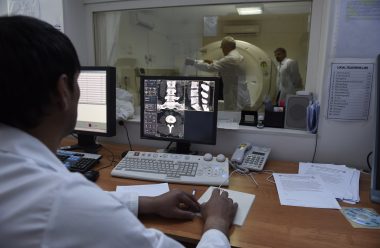
Duration: 2018-2019 Location: Global Reach: This is a research project with no direct beneficiaries. Budget: $560,000 (International Development Research Centre: $280,000;
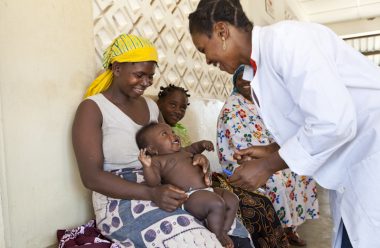
SPARC aims to improve the sexual and reproductive health and rights of some of the most vulnerable women and adolescent girls in Cabo Delgado.
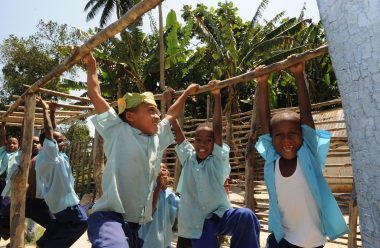
We were all once children. We were all once young, full of hope and potential.